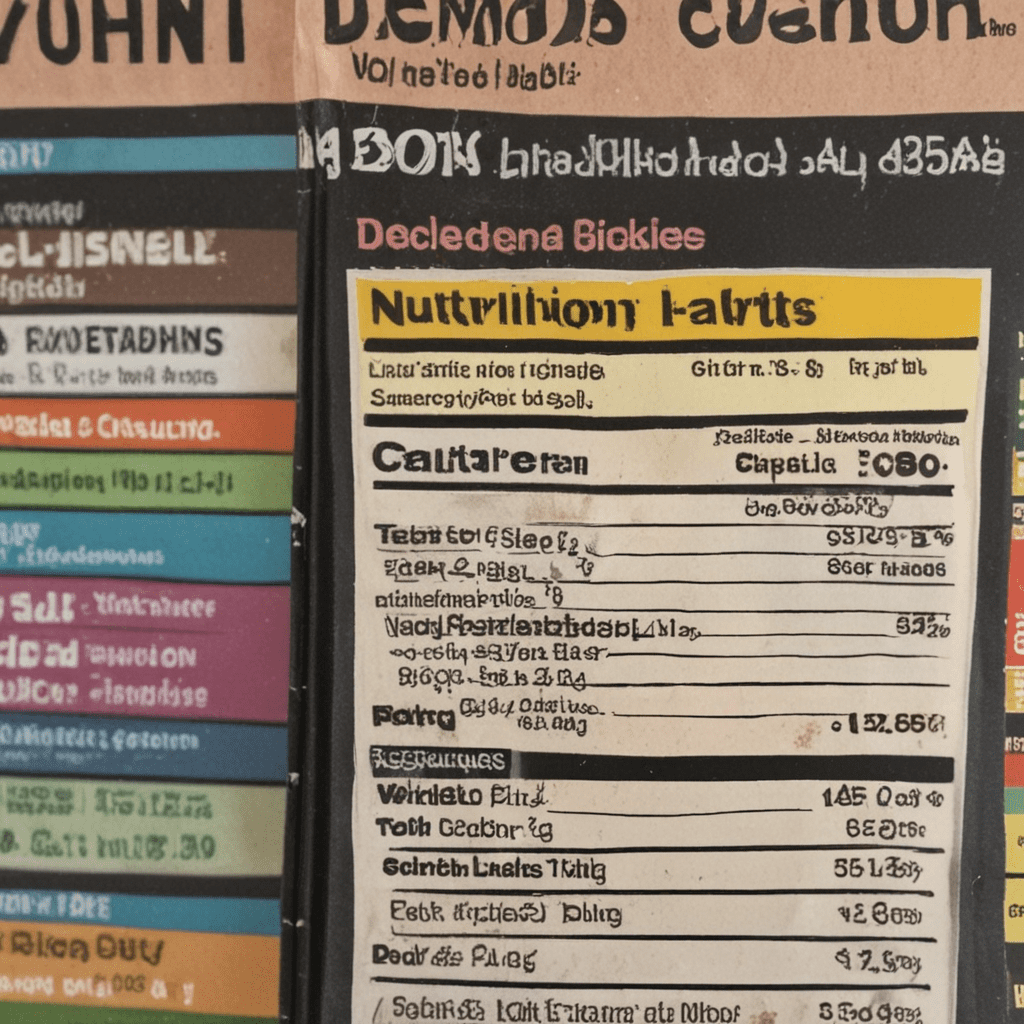1. Introduction
The human gut is home to a vast and complex community of microorganisms, known as the gut microbiome. Its delicate balance plays a crucial role in overall health, influencing everything from digestion to immunity and even mood. Understanding the relationship between diet and the gut microbiome is paramount to maintaining optimal well-being.
2. The Gut Microbiome and Its Importance
The gut microbiome is composed of trillions of microorganisms, including bacteria, viruses, and fungi. These micro-inhabitants carry out several essential functions:
- Aiding digestion: Breaking down complex carbohydrates, proteins, and fats.
- Producing vitamins: Synthesizing vitamins K and B12, which the body cannot produce on its own.
- Strengthening the immune system: Training the immune system to distinguish between beneficial and harmful microorganisms.
- Regulating metabolism: Affecting energy storage and the production of hormones that control appetite.
- Protecting against inflammation: Producing anti-inflammatory compounds that promote gut health.
3. Dietary Patterns that Promote Gut Health
Choosing a diet that supports a healthy gut microbiome is vital. Here are some key dietary recommendations:
- Focus on whole, unprocessed foods: Choose fruits, vegetables, whole grains, and lean proteins to provide a diverse range of nutrients.
- Increase fiber intake: Fiber feeds beneficial bacteria, promoting their growth and proliferation. Aim for 25-30 grams of fiber daily.
- Include prebiotics and probiotics: Prebiotics are compounds that nourish beneficial bacteria, while probiotics are live beneficial bacteria that can be found in fermented foods like yogurt, kefir, and sauerkraut.
- Stay hydrated: Water is essential for overall gut health, as it helps move waste through the digestive tract. Aim for eight glasses of water per day.
4. Importance of Fiber
Dietary fiber cannot be digested by the human body, but it serves as nourishment for beneficial gut bacteria. Soluble fiber helps lower cholesterol and regulate blood sugar levels, while insoluble fiber promotes regularity and prevents constipation. Fiber-rich foods include:
- Fruits and vegetables: Apples, bananas, berries, broccoli, and carrots.
- Whole grains: Brown rice, quinoa, oatmeal, and whole-wheat bread.
- Legumes: Beans, lentils, and peas.
5. Prebiotics and Probiotics
Prebiotics and probiotics are essential for maintaining a balanced gut microbiome. Prebiotics are non-digestible food ingredients that selectively feed beneficial bacteria. Some common prebiotics include inulin, fructooligosaccharides, and galactooligosaccharides.
Probiotics, on the other hand, are live beneficial bacteria that can be consumed through fermented foods or supplements. Probiotics have been shown to improve digestion, reduce inflammation, and strengthen the immune system.
6. Limiting Processed Foods and Sugar
Excessive consumption of processed foods and added sugar can disrupt the gut microbiome balance. Processed foods often contain unhealthy fats, sodium, and sugar, all of which can contribute to inflammation and microbiome imbalances. Limiting sugary drinks, candy, baked goods, and processed snacks is crucial.
7. Variety and Nutrient Balance
A diverse diet provides a wide range of nutrients that support gut health. Aiming for a colorful plate with a variety of fruits, vegetables, whole grains, and lean proteins ensures that the microbiome has access to a full spectrum of nutrients. Nutrient deficiencies can weaken the microbiome and make it vulnerable to harmful bacteria.
8. Mindful Eating and Stress Management
Mindfully eating, without distractions or rushing, allows for better food digestion and absorption, promoting gut health. Eating slowly and paying attention to hunger cues can prevent over-consumption and reduce digestive stress. Additionally, stress management techniques, such as yoga and meditation, can reduce inflammation in the gut and support microbiome balance, as stress hormones can negatively affect gut bacteria.
Conclusion
Optimizing gut health through healthy eating habits is essential to maintaining overall well-being. By prioritizing whole, unprocessed foods, emphasizing fiber and hydration, embracing prebiotic and probiotic-rich options, limiting sugary and processed products, ensuring variety and nutrient intake, and practicing mindful eating habits, we can nurture a vibrant and balanced gut microbiome. Doing so supports healthy digestion, strengthens immunity, reduces inflammation, and enhances overall health and longevity.
FAQs
What foods are particularly beneficial for gut health?
Whole fruits and vegetables, particularly those with deep colors, provide an abundance of fiber and antioxidants. Fermented food sources like yogurt or sauerkraut contain probiotics.
How much water should individuals drink daily for healthy digestion?
Aiming for at least eight glasses is recommended for optimal hydration and supporting gut function.
Is it necessary to consume both prebiotics and probiotics?
Both prebiotics and probiotics are beneficial for the gut microbiome. Prebiotics provide nourishment for beneficial microbes, while probiotics introduce live, beneficial bacteria into the digestive tract.
What role does stress play in gut health?
Chronic or excessive stress releases hormones that can harm the gut microbiome and contribute to inflammation, so stress management strategies are important for gut health and overall well-being.



